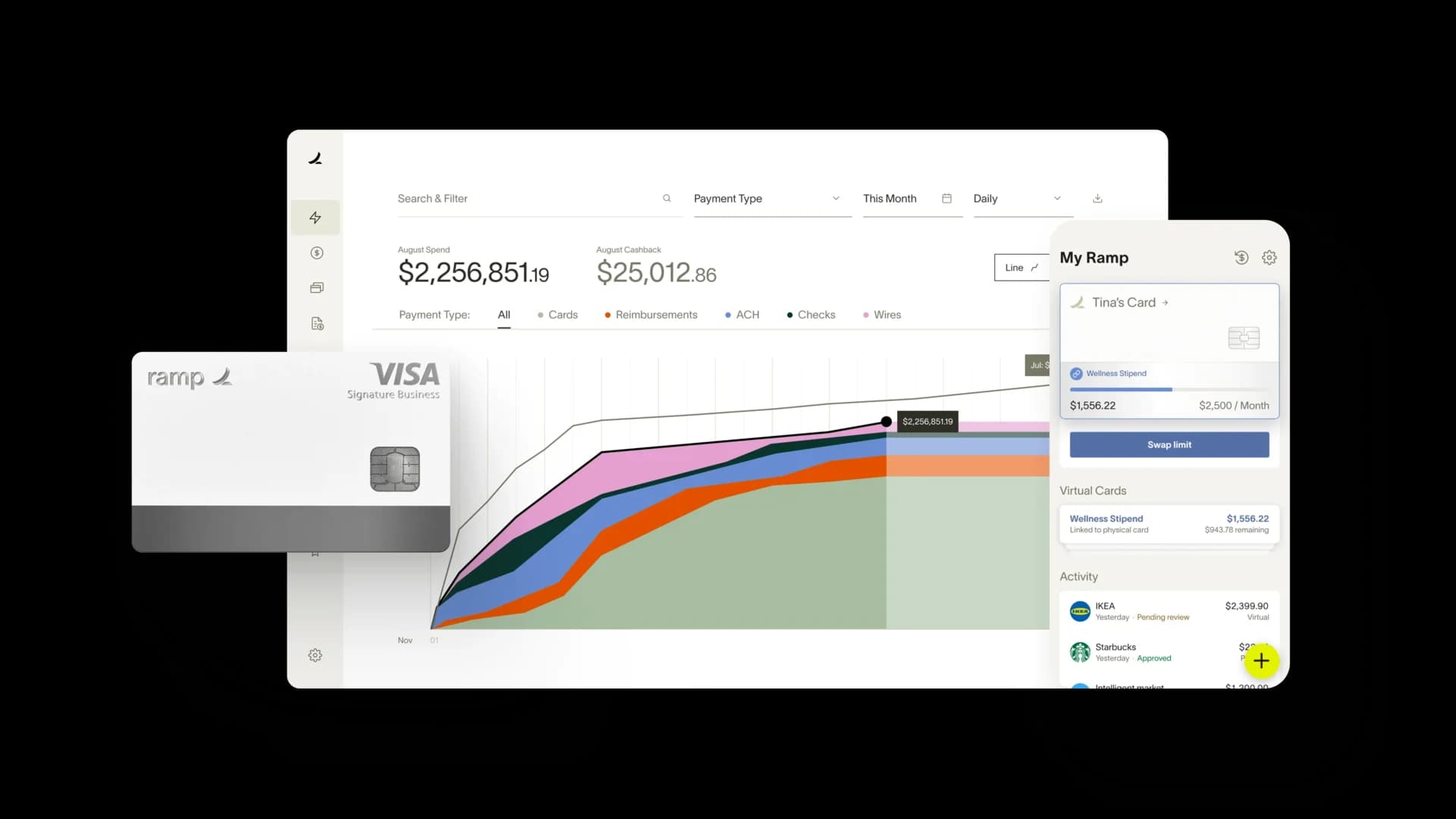Maine mileage reimbursement rates & calculator


Maine’s mileage reimbursement rate for state employees in 2025 is set at $0.54 per mile, effective November 1, 2024. This annually adjusted rate is influenced by collective bargaining agreements. For mileage submitted before the new rate takes effect, employees are reimbursed at $0.50 per mile.
In the private sector, mileage reimbursement is optional unless required by contracts or workers’ compensation claims, such as travel for medical appointments. However, offering reimbursement aligned with state guidelines—even when not mandatory—can benefit your business by:
- Fairly compensating employees for work-related travel
- Helping maintain compliance with Maine’s Minimum Wage Law
Maine business mileage reimbursement options
Private employers in Maine have flexibility in determining mileage reimbursement rates. Many choose to align with the federal IRS standard rate, which provides consistency and is widely recognized for tax purposes. Establishing a clear reimbursement policy ensures fairness and transparency for employees.
As a private employer in Maine, you can also choose to reimburse your employees at standard IRS rates listed below, alongside a yearly rate comparison.
| Tax Year | Business rate | Charitable rate | Medical/ moving rate |
|---|---|---|---|
| 2026 | $0.725 | $0.14 | $0.205 |
| 2025 | $0.70 | $0.14 | $0.21 |
| 2024 | $0.67 | $0.14 | $0.21 |
| 2023 | $0.655 | $0.14 | $0.22 |
| 2022 (Jul 1 to Dec 31) | $0.625 | $0.14 | $0.22 |
| 2022 (Jan 1 to Jun 30) | $0.585 | $0.14 | $0.18 |
| 2021 | $0.56 | $0.14 | $0.16 |
| 2020 | $0.575 | $0.14 | $0.17 |
Note: You may reimburse your employees at rates above or below the IRS standard. However, any excess reimbursement over the IRS rate is subject to taxation as income.
Maine mileage reimbursement calculator
Here's a straightforward approach to calculating Maine mileage reimbursement.
- Choose the tax year for which you want to calculate
- Input the miles driven to determine how much money can be received in return.
Please note: if you are reimbursing based on what state employees get, adjust the percentage as 75% of the IRS federal rates, adjusted to the nearest cent, to get the most accurate figures.
Maine mileage reimbursement laws
Maine's mileage reimbursement laws encompass a range of regulations, some of which are tailored for state employees and some for private-sector employers like you.
These laws – explained below – ensure consistency in fair mileage compensation for work-related travel across all employment sectors.
Title 5 §8 for mileage reimbursement for state employees
Title 5 Code §8 specifically governs the mileage reimbursement rates for state employees and officials not covered by collective bargaining agreements or when such agreements do not specify a mileage rate.
As already explained, this Maine mileage reimbursement rate is as follows.
- Currently calculated at 75% of the federal rate
- To be adjusted to 80% of the federal rate beginning November 1 of each calendar year
It's also worth noting that, as per Title 5 Code §8, disabled employees using adapted vehicles will get an extra mileage reimbursement rate of $0.10 per mile in Maine.
By linking the reimbursement rate to the federal rate but setting it at a percentage below 100%, Maine does the following:
- Balances the need to compensate employees while managing the state budget
- Ensures a uniform approach to mileage compensation across various departments and agencies
Maine minimum wage law and mileage reimbursement
Effective January 1, 2025, Maine's minimum wage is set at $14.65 per hour. This applies not only to the public sector but also to you as a private-sector employer.
In concert with this Minimum Wage Law, it is your responsibility to ensure that non-reimbursement for mileage does not lower your employees' final wages below the state minimum.
Additionally, it's worth noting that the mileage reimbursement in most of the state is uniform, but it is set at $15.50 per hour in Portland, which is slightly higher than the rest of the regions.
Maine workers' compensation law
This law significantly affects mileage reimbursement by ensuring that you cover your employees' travel expenses to and from medical visits for work-related injuries. This coverage is mandatory.
As per the Workers Compensation Law in Maine, irrespective of the sector – public or private – as an employer, you must fulfill the following responsibilities.
- Reimburse for mileage as part of the broader medical benefits employees are entitled to receive when they suffer work-related injuries.
- Compensate the cost of medicines and necessary medical aids such as wheelchairs, crutches, and hearing aids alongside mileage[1].
Simplify mileage logging with Ramp
In Maine, while you, as a private employer, are not mandated by the law to offer mileage reimbursement when your employees use personal vehicles for office chores, aligning with the state's guidelines under codes such as Title 5 §8 brings distinct advantages listed below.
- Elevate your reputation as a fair and responsible business.
- Ensure fair mileage reimbursement, affirming your commitment to employee welfare.
- Avoid legal pitfalls by maintaining transparent and compliant reimbursement practices.
- Boost the morale and retention of your employees.
Ramp's AI-powered expense management software provides an automated solution to simplify mileage reimbursement. Ramp accurately logs mileage, mitigating errors that occur due to manual entries.
See how Ramp automates expense and mileage tracking for 50,000 businesses











Related posts
[1] Under, ‘Will my employer pay for any other medical costs?’: https://www.maine.gov/wcb/Departments/businessservices/Facts_About_Workers_Comp_FINAL_REV_Sept_2019.pdf

